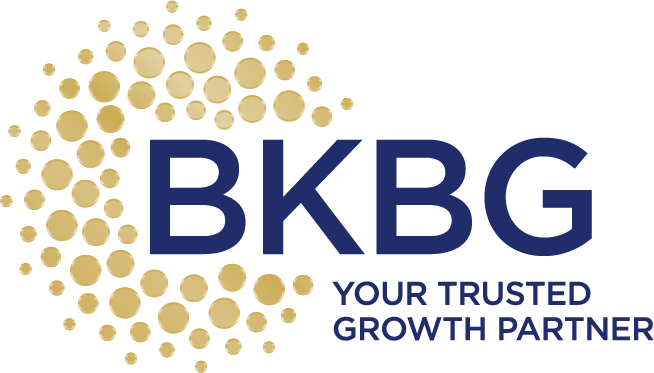Making Your Sales Team Even More Productive

It’s hard to teach old dogs new tricks and that’s one of the biggest challenges showrooms have in adapting to the new customer-buying paradigm that currently exists. Many experienced sales professionals adopt a mindset that they already know everything there is about kitchen design and about customers. They compartmentalize different customer types. There are the know-it-alls. Another group is the pain in the backsides. Certain types of customers fall into the never-able-to please category. Then there are the cheapskates. You get the idea. It’s time to wipe the slate clean. The customer-sales relationship continues to change dramatically. Customers are knowledgeable. They are leery. They spend more time scouring reviews and seeking references. Yet, despite all of the advantages customers today have over those in the past, almost all don’t really know what they want, need and are willing to pay for. They also don’t’ know where to begin. This lack of knowledge and process creates advantages for showroom professionals to transform from salesperson to trusted advisor. Trust is something that needs to be earned every time someone walks in the door. Team members that are clinging to experience and believe they know it all are doing a disservice to themselves, the showroom and customers.
Now more than ever there is a need for continuing education and learning opportunities. And the new education should focus on sales techniques. Are your salespeople approaching customers the same way they did a decade ago? Is that approach meeting the needs of customers today? Sales techniques need to evolve comparable to the way product offerings have evolved. Products have become more sophisticated and yet easier to use and deliver more enjoyable experiences. Sales approaches must follow suit. What can you do to make the lives of your customers easier, eliminate friction and, deliver experiences that are more enjoyable?
Selling a luxury product does not automatically mean that you are a luxury destination. We have all heard claims from showroom owners and professionals that they deliver best-in-class service. What makes it the best? If a cabinet arrives damaged or with inconsistent finishes, who is at fault? Who cares? The customer does not. What do you do to fix the problem and turn a potential disaster into an opportunity?
